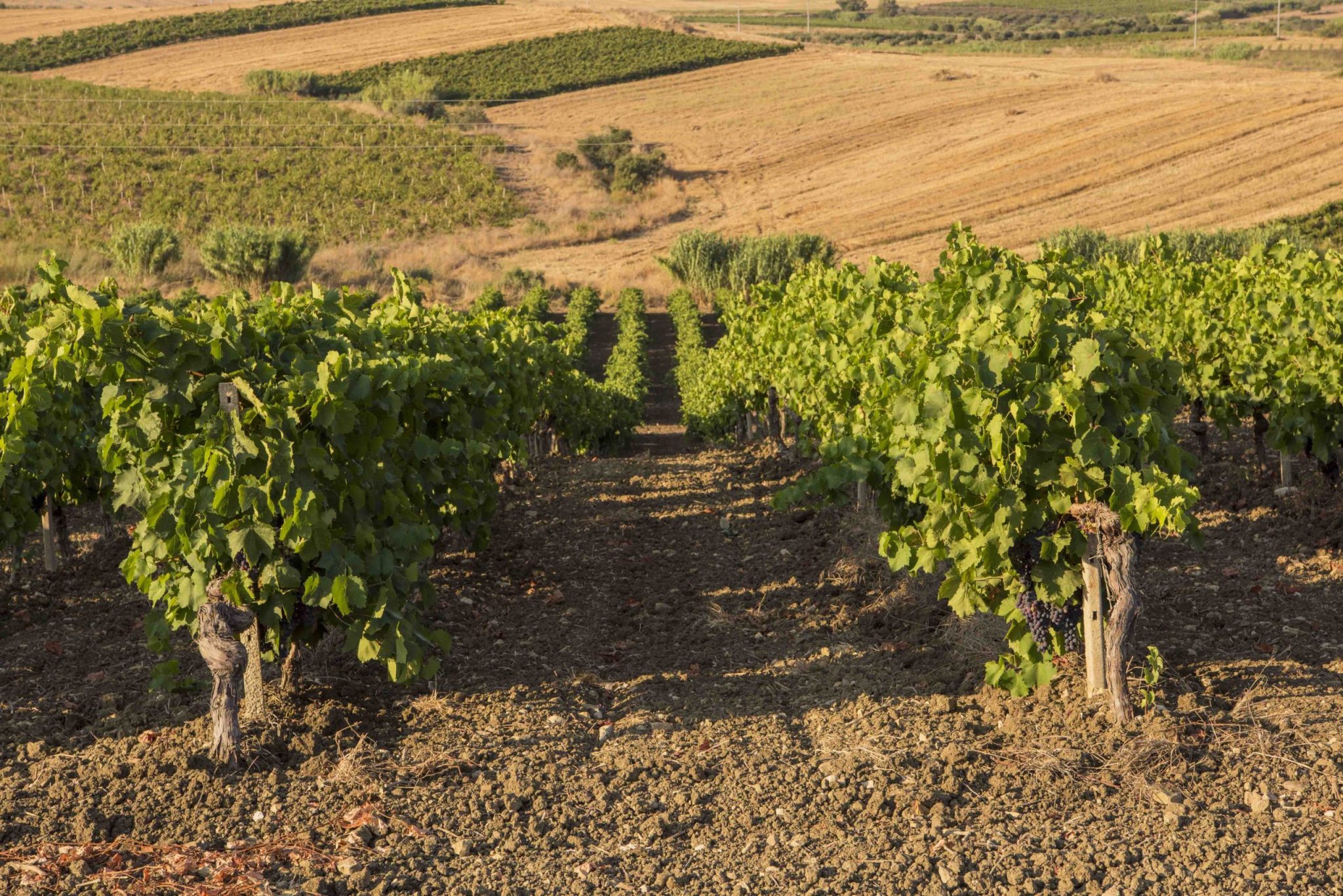The Germplasm Project looks to the future of Sicilian viticulture with strong roots in the thousand-year history of the island. An ambitious and strategic project, which the Consortium for the Protection of Sicilia DOC Wines is carrying forward with determination together with the Region of Sicily’s Regional Department of Agriculture, the University of Palermo and the ”F. Paulsen” Regional Centre for the Conservation of Viticultural and Agricultural Biodiversity. The objective is clear: to create a vinery that is healthier and more connected to the territory by producing certified clonal material intended to construct new vineyards available to the island’s wine companies.

Sicilia Doc, credits @ConsorzioDocSicilia
”We are talking about” – explains Filippo Paladino, vice president of the Consortium for the Protection of Sicilia DOC Wines – “certified ”healthy” material, that is, vines of native Sicilian varieties whose varietal identity and health integrity are certainties. The aim is to protect and reveal the Sicilian ampelographic richness, combining tradition and high quality in a constantly changing scenario”.
Among the most significant milestones of 2024, a highlight is the beginning of the duplication of the Biesina field in the municipality of Marsala, where the collection of varieties and biotypes from all areas of Sicily, including the most internal and marginal ones, originally began. These territories, characterised by residual and traditional agriculture, have even made it possible to recover and enhance native varieties that are less widespread but of high agronomic and enological interest.
There has also been an increase in the use of certified materials by those working in nurseries. This growth demonstrates an increasingly widespread awareness of the importance of adopting certified rootstocks, which can guarantee high quality and high phytosanitary standards in new vineyards.
“Native vines represent a great opportunity to enhance the wine sector, and Sicily has all the characteristics necessary to achieve this goal, thanks to a rich and unique germplasm,” said Rosario Di Lorenzo, professor at the University of Palermo. ”The commitment is to further deepen the knowledge of the agronomic and enological behaviour of these varieties, to then transfer that knowledge to the operational world. A synergy has been created within the supply chain and with the Universities, which will also be fundamental in the future to face new challenges that will arise. The varieties once abandoned, perhaps because they were not suited to the conditions or enological objectives of the time, often oriented exclusively towards productivity and alcohol yield, are now arousing new interest. With the climate crisis and the many changes that have occurred, a new awareness of the importance of biodiversity has, in fact, developed”.
The Germplasm Enhancement Project is therefore confirmed as a pillar in the enhancement of the island’s viticultural biodiversity, with the aim of preserving native varieties and promoting the production of more resilient vineyards. The joint commitment of institutions, workers, producers and researchers continues with a long-term vision, capable of responding proactively to the challenges posed by the climate crisis and market demands. A synergy that looks to the future, with the aim of strengthening the Sicilian wine supply chain and its prospects for qualitative and sustainable growth.
